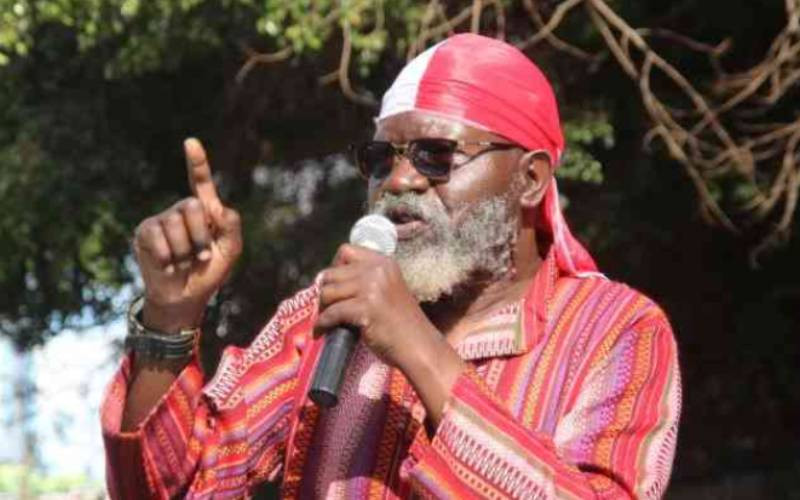Roots Party leader George Wajackoyah has criticised the government over its handling of abductions, calling on President William Ruto to address the issue publicly.
Speaking during an interview on KTN, Wajackoyah questioned the silence from the presidency, noting that abductions continue to haunt families across the country.
"Ruto has not made a statement. He should speak on this matter. Muturi came out and spoke, but Ruto has remained silent. If his own son were abducted, how would he react?" Wajackoyah asked.
He accused the government of failing to protect its citizens, citing recent cases where missing persons were later found dead.
Wajackoyah, a presidential candidate in the 2022 General Election, referenced historical leaders known for human rights violations, warning that those in power would eventually be held accountable.
"Idi Amin, Mobutu Sese Seko, and even Daniel Arap Moi were responsible for numerous deaths. If you allow people to disappear today, you will be held responsible, whether in this life or the next," he said.
He also took a swipe at MPs, calling them sycophants who follow the president's directives without question.
Wajackoyah criticised the use of Constituency Development Fund (CDF) money, arguing that legislators should focus on oversight rather than managing funds directly.
"CDF should be scrapped. How do you expect a member of parliament to run these funds instead of overseeing them? They should legislate, not manage projects," he said.
Wajackoyah maintained that he was unafraid of speaking out, even if it meant facing arrest. He insisted that the government must be held accountable for the treatment of its citizens. By David Njaaga, The Standard






